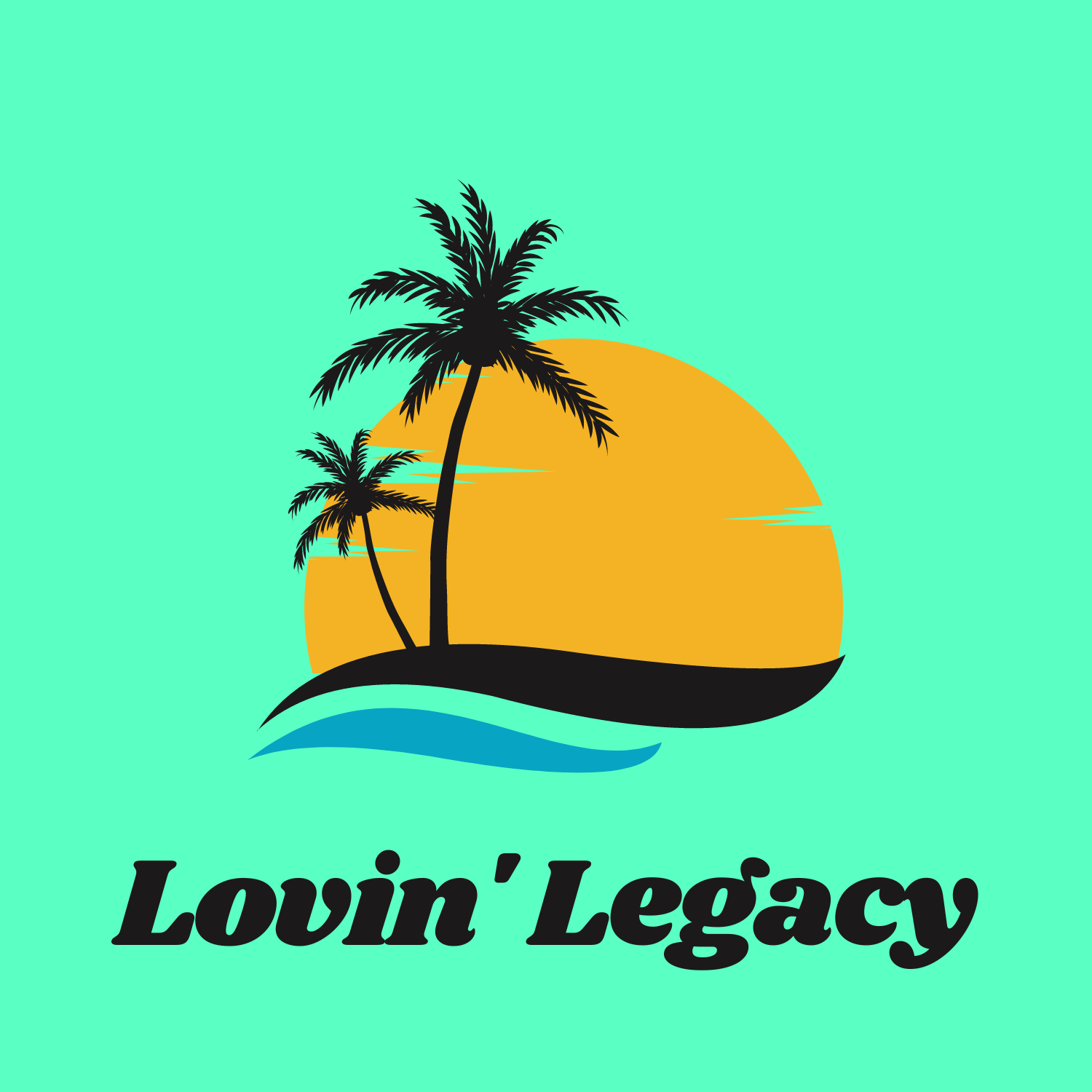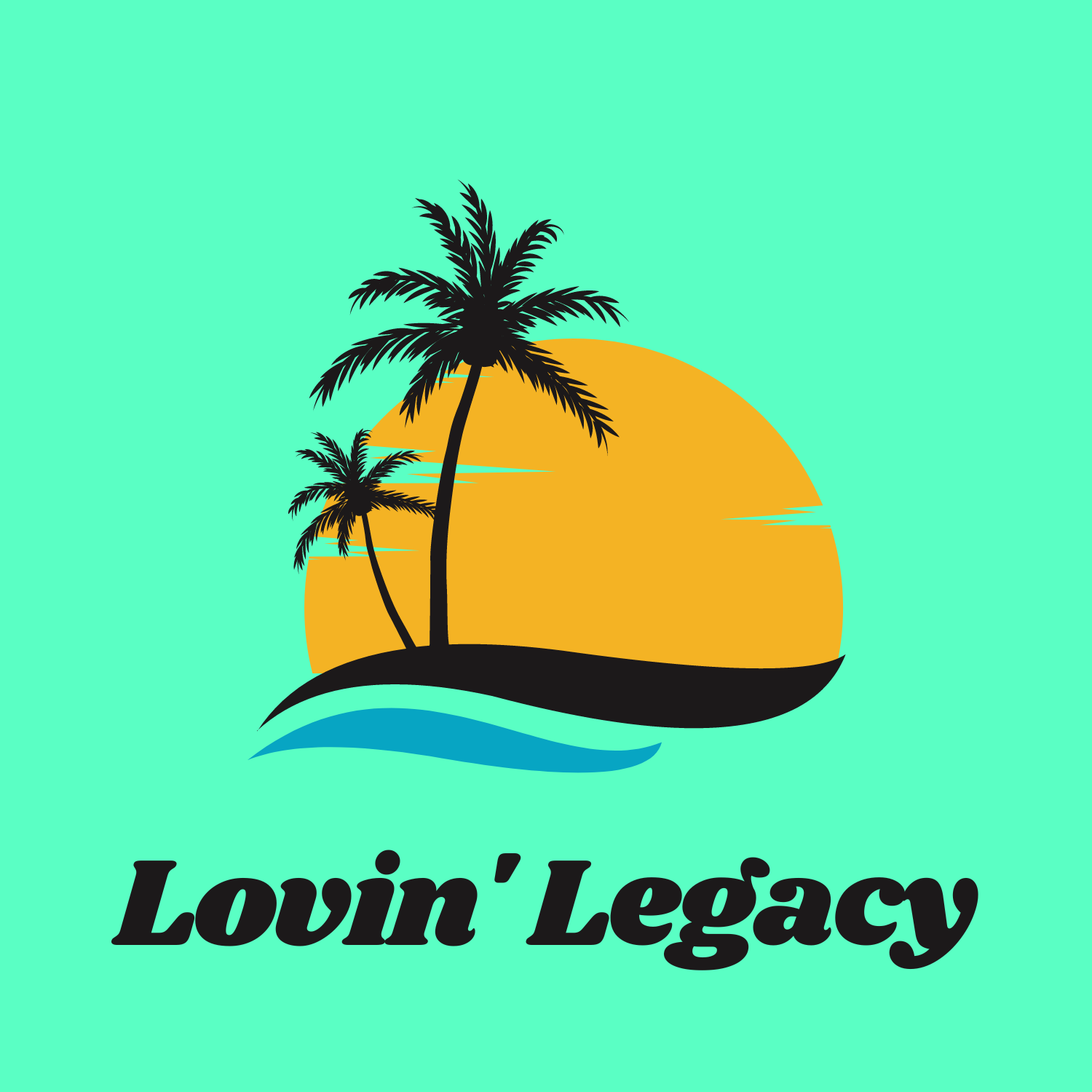Episode 6
The Systems We Don’t See (and ones you've never heard of)
EPISODE SUMMARY
We depend on systems in our life, in our business. Sometimes we don't even know that they exist. This week I'm talking about systems that work well, and systems that sometimes don't work well, and systems that can leave us in trouble if we don't know we depend on them. I also have a pop at Microsoft Excel as well as GitHub!
I'm also celebrating the launch of my 'Own Your Systems' free email course.
EPISODE NOTES
You can subscribe to my free email course "Own Your Systems" by going here:
https://richardwbown.com/own-your-systems/
QUOTES
"Systems that are so built into our ways of working that we don't even realise they're not working, sometimes the ones that we don't miss until they're truly gone" RB
"I was lucky enough not to be a middle manager for a very long time. But when that particular role finally caught up with me, I spent a lot of time preparing reports a lot of time converting things from CSV" RB
"In my consulting business, I use online tools, which are aware of 21st century priorities and ways of working. I use tools which save me time" RB
"GitHub is a great example of a high profile system that you've probably never heard of" RB
Transcript
SUMMARY KEYWORDS
systems, excel, github, software development, language, world, events, native english speaker, realise, software, netherlands, microsoft, jira, working, separator, affected, locale, business, enterprise, link
SPEAKERS
Richard Bown
Richard Bown:Hi, this is Richard Bown and thanks for joining me today on Automation for the Nation. I'm pretty excited this week as are not only at Week Six of the podcast, but I'm also getting my own systems together, which makes me feel like I'm finally accomplishing something. I've been working hard on a couple of important systems. The first is like the welcome email to my mailing list, which is very basic system needs to be done. But I feel like now I can start advertising it and committing to it. If you don't know where it is already, then I will link it in the show notes. In the newsletter, you'll be kept up to date with Yes, the latest podcast episodes. But I'll also link together all of the systems related content that I'm creating and sharing with you including all my free resources, like the Introduction to Digital language, seven steps to automation, and so on. The newsletter comes out once a week, and it's the best way to stay informed. So I recommend you head over there today and check it out. Related to that, I've got another exciting announcement. And that's the availability of my new free email course called own your systems. This is a six day email sequence, which provides a context for taking better control of your systems, whether they be in your business or in your personal life or making a plan for ownership, a way that you can control your systems independently of the technology provider you use. If you're like me, and you're always wanting to change providers or just don't know, which is the best choice between providers, then this course will help you understand the most important systems in your business and in your life, and encourage you to have a plan for both. This doesn't mean a lot of extra work. But it does give you opportunities which you might otherwise pass up, I recommend you check out the course it's free. And like I say available on my website, I'll drop a link into the show notes as well. Okay, messages over. Now this week, I wanted to talk about the systems that we don't always see, and what happens when suddenly they're not there anymore. These are the systems that are so built into our ways of working that we don't even realise they're not working, sometimes the ones that we don't miss until they're truly gone. And then you realise that perhaps you should have had a plan for them. I will use a few examples from the world of software development and enterprise systems, ones that have been in the news recently. But I also use a few examples of personal systems which work or don't work, or don't help us recognise when we should have done something. If you're like me, and you have a family, then you may have quite a busy schedule. I have three teenage kids and they are always needing things reminding about school events, help with homework appointments for the dentist or the doctor, clubs, activities, days out, etc. There's always a million things to remember as a parent. So when there are many things to do, we tried to get organised as a family and we use a shared calendar. Some of the events are long in the future, like vacations or trips away, school holidays. Some of these events are short, and they're happening all the time, things like identities, appointments or school trips, we finally decided to use Google calendars to share this information, there was a little bit of hesitancy on our parts to begin with. But I have to say that this has been a game changer. When the kids were small, it was just the two of us on the calendar. But since the kids have got phones and have email, we can also invite them to events and everyone pretty much effortlessly knows what's going on on any given day. Yes, we tried paper calendars, but that just wasn't gonna work for us. This with Google Calendar fits in with our way of working. So this system almost insidiously has crept into our lives and has provided us with real labour saving real value and a simple way of working, which really benefits our way of living. This is a great example of a solution that has really found us we don't even have to think about it. If it were gone. Tomorrow, we would have some pain, we would have a load of recurring events or future events or any set up which we would know about. Ultimately, it would be inconvenient, but we could rebuild it. Now what's about another form of a system that perhaps you use in your life or business, here's one with which you may be familiar, Excel. Excel is a Microsoft spreadsheet programme. And it's been the mainstay of finance departments and administrators of data of all kinds for many years, and undoubtedly will be for many more years to come. Excel is so well embedded into our business processes. Because it's powerful, its standalone, it's able to talk to many different data sources. Excel is of course all about numbers, manipulating them tabulating them drawing graphs, many a consultant has built a career out of Excel and perhaps in VBA, and not much else besides. Now, as a coder at heart and by profession. I've been taught to look down my nose abetted Excel and the people who use it. I always thought it was slightly unfair that but I guess real code is in quotes, see Excel or some kind of shortcut to proper data manipulation. That's not fair. And in some ways I get where this snobbery comes from. Having said that there is not much need to celebrate anything in excel in any form either. For many years, I've avoided excel as a data tool. I was lucky enough not to be a middle manager for a very long time. But when that particular role finally caught up with me, I spent a lot of time preparing reports a lot of time converting things from CSV that's comma separated value format, to excel format, and back again,
04:46
ence for it from Microsoft in:10:23
Bear in mind that even the biggest system used by millions of people can disappear. How is that going to affect your business or your customers business? When those systems aren't there anymore? How can you ensure that the impact can be mitigated? Can it be done quickly? Do you take backups of the data? Can you take backups? Can you import this to another system easily? This week, I'm launching a new course called own your systems. This is a six day email sequence that walks you through the process you need to firstly understand and then better control the systems that you use. systems provide opportunities for labour saving and efficiency, but they also pose a risk through own your systems, you'll start to put that picture together for your business. And I really hope that you find it useful. For the moment I hope this has provided something to think about. And please do feel free to reach out and share your thoughts on systems on Excel in particular, if you like on gets up on JIRA and tell me what you find the most useful, the most frustrating systems that you have in your business right now. I'm really interested to find this out. So for the moment, this is Richard Bown, wishing you goodbye, and good luck. And I'm looking forward to speaking to you again next week on automation for the nation. Goodbye


